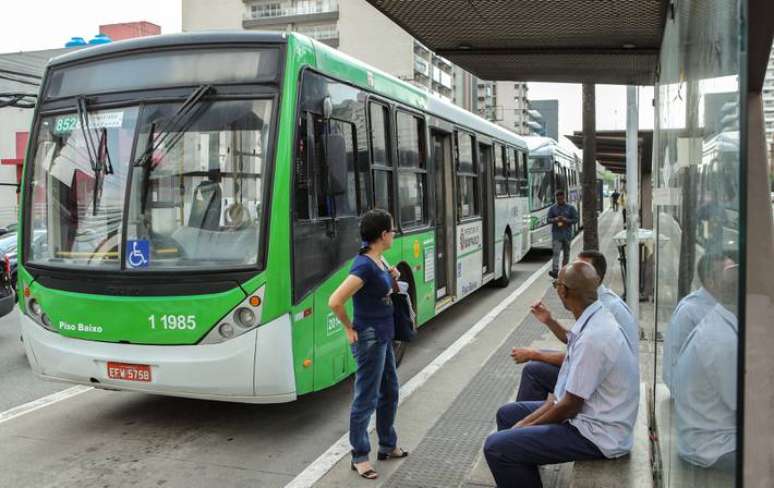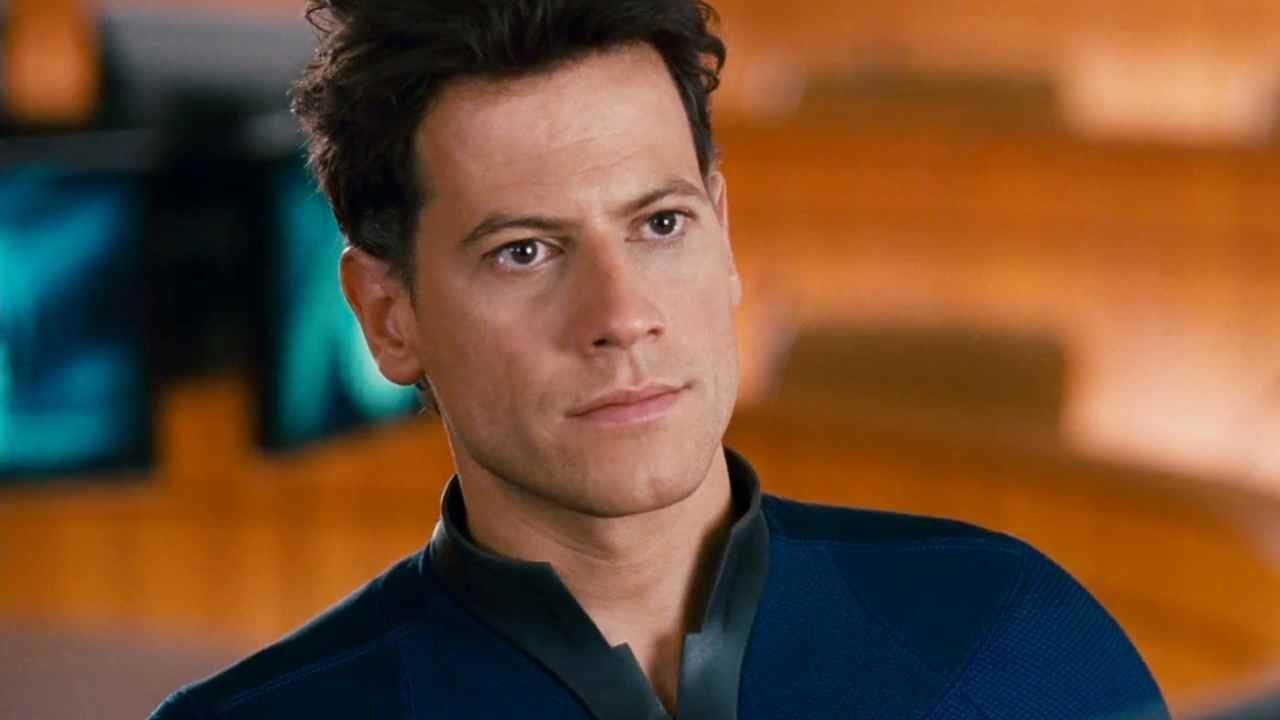In addition to Sundays, the free ticket will also be extended to Christmas, New Year and the city’s birthday
From the 17th, passengers of the São Paulo City Municipal Public Transportation will not pay bus fare on Sundays. The announcement was made this Monday afternoon, the 11th, by the mayor Ricardo Nunes (MDB). The free will also be extended to Christmas, New Year’s AND Saint Paul’s birthday.
With the measure, which earned the name of Zero fare Sundaythe municipal management will stop collecting, every year, R$ 283 million on Sunday. The total cost of the operation was not specified, but the municipality hopes that the measure will contribute to the city’s economy. “It will provide a very important feel-good condition and generate strong economic activity on Sundays,” Nunes said.
Zero tariff: how will it work in Sao Paulo?
Passenger access to buses, as on conventional days, should continue to be through the front door of the vehicles. Furthermore, users will have to continue through the turnstile. “The operational dynamics will be different than other opportunities where free transportation has been granted,” said SPTrans CEO Levi Oliveira.
Previously, it was common for the turnstile to be locked, which meant passengers got on and off through the same door. In the national high school exam (Enem), for example, some capitals, including Sao Paulo, have adopted zero tariffs for public transport.
“This time the turnstile will be usable. Then the passenger will bring the ticket closer to the validator and the turnstile will be released without paying the ticket,” Oliveira explained. For those who don’t have the Single tickethe specified that the turnstile will be unlocked by the driver or via a button used by the driver himself, depending on the bus route.
Mayor Ricardo Nunes said the option for this model is to allow the city hall to more precisely monitor the evolution of passengers. In this way the folder has multiple inputs for any adjustments. “If we left the turnstile completely free, which would be one of the options, there would be no way to get there and say there were X passengers and we moved to X,” he said.
What time is the free service valid on Sundays?
The service will be free from 00:00 to 23:59, and includes all 1,175 bus lines that serve the city on Sundays. Today, according to the municipal management, approximately 2.2 million passengers use municipal public transport on that day.
With the zero fare, even if this number of passengers doubles (reaching 4.4 million), the management’s estimate is that it will be the 4,830 buses circulating in the city that day that will explain this possible increase. “This fleet is running at 40% capacity, so we have 60% of the buses sitting idle,” Nunes said. The provision, he specified, does not expire.
According to the mayor l changes announced last week in relation to the Delegated Operation, which even plans to pay 30% more to military police officers working in Cracolândia, support the adoption of zero tariffs in the city. “There is a lot of work to be done to strengthen the security issue that was already in development.”
What other cities have zero fares in the state?
Last month, the municipality of Sao Gaetano do Sulon ABC Paulista, introduced free services on urban bus lines. The fare exemption is valid for the eight lines managed by Viação Padre Eustáquio (Vipe), the municipality’s transport concessionaire. It was the third city in Greater São Paulo to introduce zero fares on municipal buses. The first was Vargem Grande Paulista, in 2019. A year later, it was the turn of Pirapora do Bom Jesus.
The Municipality of São Paulo has been studying the adoption of zero tariffs for more than a year. The mayor had already made it known that he preferred to adopt the measure on Sundays, since it is a day with less demand for transport and, at the same time, to encourage the population to frequent shops and services when there is usually less movement.
The adoption of zero fares has gained momentum against a backdrop of declining ridership on municipal public transport. In 2019, passengers per day were around 9 million, compared to 7 million this year, according to Municipality data. Today in the capital the bus price is set at R$4.40.
As the Estadao showed the theme of zero tariff he opposes the mayor and the governor. Recently, Gov Tarcisio de Freitas (Republicans) said to be “absolutely against” the model – a possible participation of the State would extend the benefit, for example, to the Metro and CPTM lines.
Source: Terra
Rose James is a Gossipify movie and series reviewer known for her in-depth analysis and unique perspective on the latest releases. With a background in film studies, she provides engaging and informative reviews, and keeps readers up to date with industry trends and emerging talents.





![Tomorrow belongs to us: What awaits you on Wednesday, August 27, 2025, Wednesday, in the episode of 2018 [SPOILERS] Tomorrow belongs to us: What awaits you on Wednesday, August 27, 2025, Wednesday, in the episode of 2018 [SPOILERS]](https://fr.web.img5.acsta.net/img/92/96/9296241bf9f4834fdb6fed88ffbd5108.jpg)
